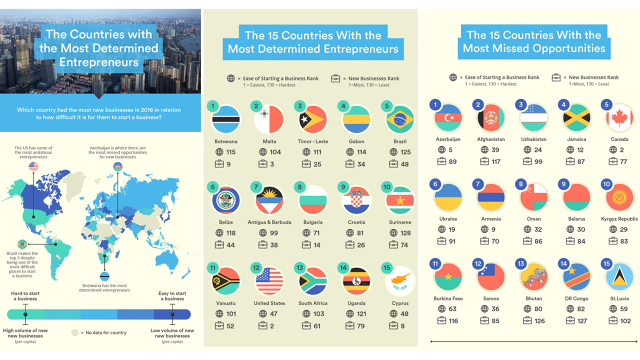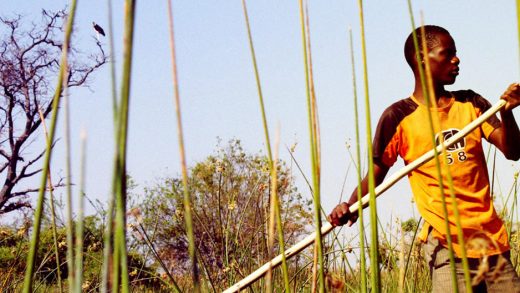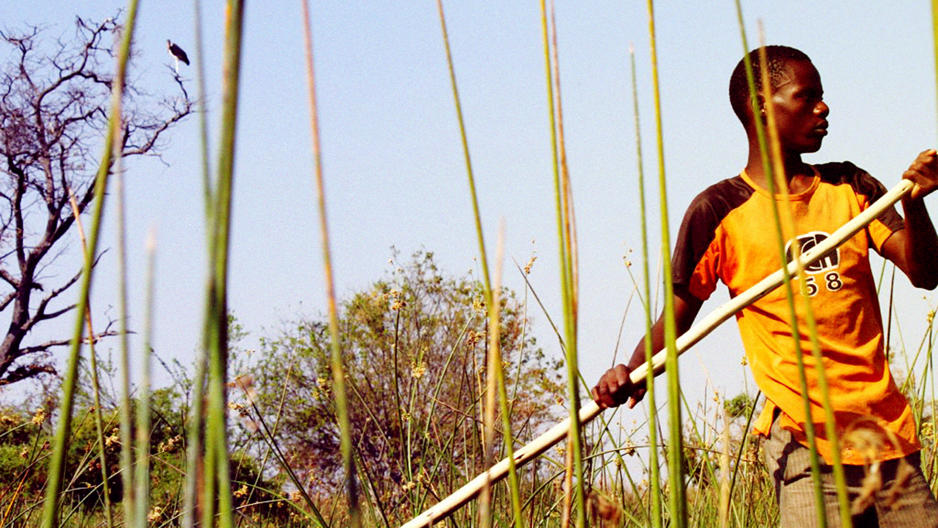These Are The Countries With The Most Determined Entrepreneurs
Here’s what we know: Starting a business requires as much resilience as it does resources.
The Small Business Administration’s last tally revealed that only about half of all new businesses will survive for five years. In the U.S. in 2013 (the most recent year with reported data) 406,353 businesses opened and nearly that many (400,687) shuttered. For those still planning to tough it out, dreams of getting rich quickly are often supplanted by the reality that it takes a lot of sweat equity to surmount all the obstacles placed right in the first leg of the race.
Where The Hurdles Are Highest
Data from the World Bank on more than 130 countries shows which ones entrepreneurs across the globe typically find to be the most daunting. Their rankings are calculated across three factors:
- the time it takes to register a new business
- the amount of procedures one needs to go through
- the costs involved
Austin, Texas–based B2B marketplace Expert Market recently analyzed these factors in greater detail by cross-referencing them with the number of new businesses started in each country. As Expert Market’s lead researcher for this report, Bobbi Brant, points out, the number of new businesses started is worked out per 1,000 working-age (15–64) adults, so it’s a fair representation across countries with different populations.
The resulting report not only shows how high some of these hurdles are in some countries, it also reveals the regions with the most tenacious entrepreneurs who’ve started their ventures in spite of those challenges.
The number-one place with the most determined entrepreneurs is Botswana. According to Brant’s analysis, it takes 45 days, on average, to register a new business in the country, which is far higher than the global average of 8.3 days. “This may be due to the high number of procedures new business owners must complete,” she explains. “Nine separate processes must be completed to register the new venture, compared with two in some of the places with high missed opportunities such as Azerbaijan and Canada.”
The top 15 countries ranked among the most challenging places to start a business that still had a proportionately large number of startups also included:
- Botswana
- Malta
- Timor-Leste
- Gabon
- Brazil
- Belize
- Antigua and Barbuda
- Bulgaria
- Croatia
- Suriname
- Vanuatu
- United States
- South Africa
- Uganda
- Cyprus
Most Determined
Brant points out that in number-three–ranked Timor-Leste (located in Southeast Asia, for those who need to brush up on their geography) there are only four processes to complete and an average time to start a business is just nine days. However, says Brant, “entrepreneurs must deposit 260% of their average income in a bank or with a notary before registration can be completed.” She observes that this is a “huge” amount of capital to raise up front. It’s also considerably higher than the average amount required globally, which is just 9% of income.
Brant also notes that the U.S. was the only Western superpower to place among the top 15, with the second-highest number of new businesses launched in 2016. She says that American entrepreneurs were ranked as some of the most determined, for persevering through the length of time it takes to launch as well as the volume of red tape and associated costs.
“According to the World Bank, in the U.S. there are six official process to go through, which takes an average of four days and costs about 1.3% of the average salary,” Brant explains. Though, as she also points out, “This is worked out as an average across major cities, so there may be some state differences.”
As previously reported in Fast Company, one of the major challenges startup founders face is the lack of capital to get their businesses off the ground—a stumbling block that isn’t evenly distributed; there are gross inequities among entrepreneurs of color, according to the Center for Global Policy Solutions (CGPS).
For example, African-American women in particular are more likely to step off a corporate career track and start their own businesses. But that doesn’t mean they’re flush with cash once they do. “At the median, Asian Americans have about 80% of the wealth that whites have,” the CGPS’s researchers say. “Hispanics and African Americans have less than 10%.” This is due to being historically disadvantaged, analysts believe. Nevertheless, entrepreneurship among African-American women increased by 20.2% while their participation in the labor force only grew by 8.8% between 2007 and 2012.

Missed Opportunities?
Brant points out that Canadians are missing the startup boat, even though “there are only two processes to complete, which take around 1.5 days and cost just 0.4% of the average income.”
But it’s not always that straightforward. For example, Afghanistan ranked second among the countries with the most missed opportunities. A rising class of social entrepreneurs is creating jobs, while growth in the private sector is helping to stabilize the economy and break the dependency on foreign aid. However, Cayte Bosler recently wrote in Fast Company:
“They walk a fragile line. They must build networks with trusted government workers, the international business community, young students, and professionals. Many Afghan business leaders hope to attract investors who will bet on them to secure hard-won gains in human rights, especially for women.”
So while the processes and procedures may be simpler here, doing business in a country ravaged by war changes the picture for startups quite a bit.
Says Brant: “I don’t think there is one universal reason why it is more difficult to start businesses in these nations. However, it usually comes down to government requirements for new ventures being numerous, time consuming, costly, or a combination of all three.”
Fast Company , Read Full Story
(69)



